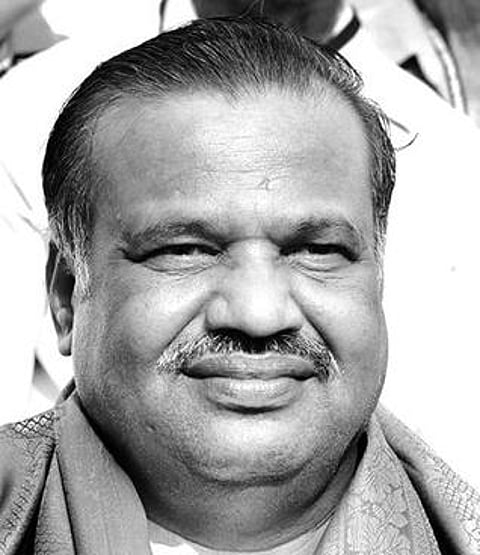

Dhanya Rajendran| The News Minute| July 29, 2014| 5.20 pm IST
In 2011, stories first surfaced about at least 83 judges in Karnataka (sitting and retired) getting illegal land allotments in various co-operative societies in the state. The controversy raged for many months and at one point the Karnataka government could not find any retired judge to be appointed as Lokayukta, as almost everyone in its list had been accused of getting illegal plots.
In September 2011, barely a month after he took charge, Justice Shivraj Patil had to resign as the Karnataka Lokayukta, following reports that he and his wife owned three co-operative society plots in the city.
Then for almost five months, the government could not appoint a new Lokayukta as almost every judge it considered for the post was accused of possessing co-operative society plots illegally. One of the judges, whose name had figured in the list was Justice K L Manjunath, a judge at the Karnataka High Court.
As Hindustan Times reported, judge K L Manjunath is now being backed by the judges’ collegium for a promotion and is almost certain to take over as Chief Justice of Punjab and Haryana High Court. The government has asked the Supreme Court collegium to reconsider its recommendation on the basis of an adverse note written by a senior Supreme Court judge.
The judge K L Manjunath’s daughter K M Chaitra, who was 20-years old then and a dependant, got a property in the Vyalikaval House Building Cooperative Society on February 8, 2004. The sale deeds in possession of The News Minute (attached below) show that Chaitra was a dependant daughter and the address given is K L Manjunath’s own residence in Bangalore.
The violations
Chaitra was not a member of the Vyalikaval House Building Cooperative Society. She was made an Associate Member at the time of the allotment under a joint development agreement between the society and the developer, which allowed any person to be made associate member if recommended by the developer. Chaitra was made an associate member and the 5,460 sq. ft plot at Nagawara, an upmarket area on the road to Bengaluru International Airport was sold to her.
This is in clear contravention of a Karnataka HC judgement in the 1991 case Narayana Reddy Vs. State of Karnataka case that said: “Even if a provision is made for enrolling Nominal or Associate Members in the bye-laws of a Housing Society, they should be rendered ineligible for allotments.”
Moreover the Bye-Law 10(A) of the Society says that a member shall be eligible for allotment of site/flat/house only if he / she or any other member of family does not already own a site or plot or house / flat / apartment in his / her own name or in the name of any other member of his / her family in the Corporation limits / development Authority limits / Municipality limits in whose limit the society is situated.
Justice Manjunath owned a property in Bangalore, very much under the limits in which the society is situated
Case of Impropriety?
As the Hindustan Times report by Sudipto Mondal also points out, the judge presided over three cases relating to this very society. Between 2005- 2010 he presided over three such cases on the Vyalikaval House Building Cooperative Society
How is Justice Manjunath’s case different from that of Justice Shivraj Patil's?
Both the judges have been embroiled in similar controversies. Shivraj Patil quit as the Lokayukta, other judges were not allowed to take over the post, as they too were accused of possessing similar illegal plots. At a time when there is an active debate on whether the collegium system itself has failed, perhaps Justice K L Manjunath’s case is fit to be discussed further.